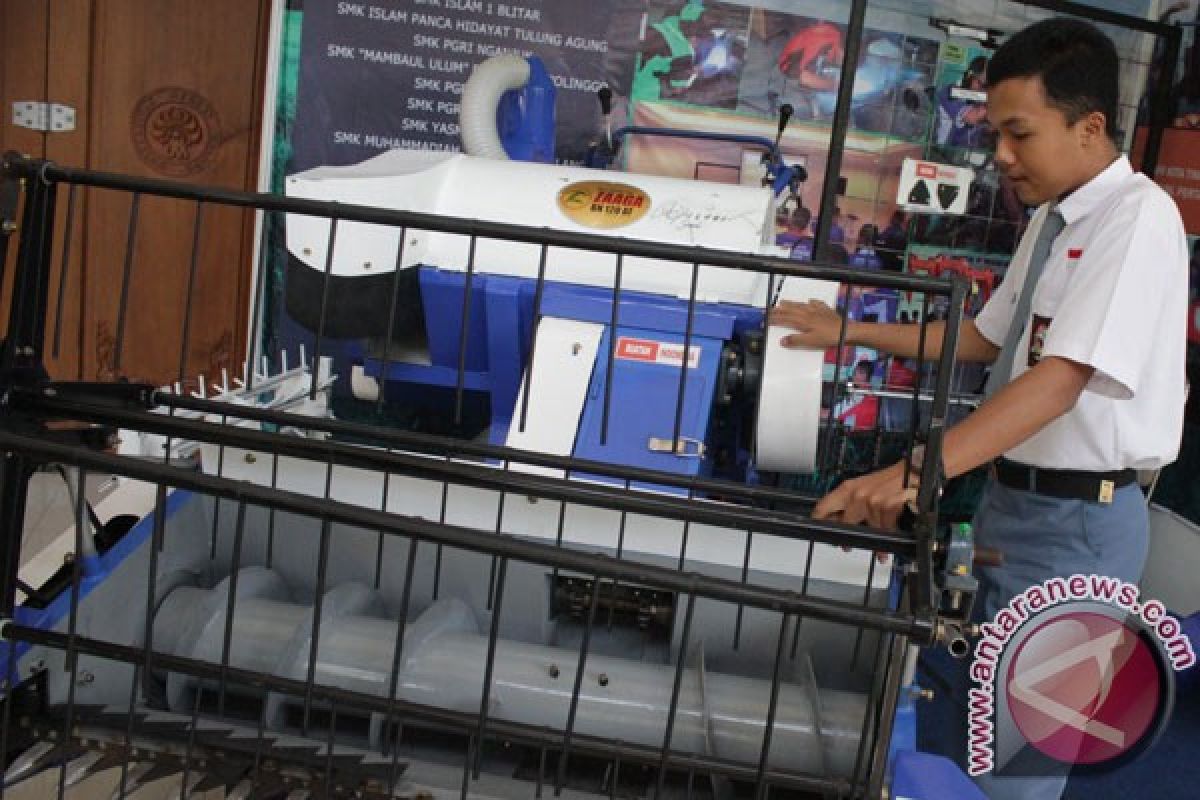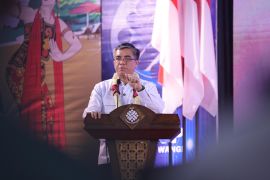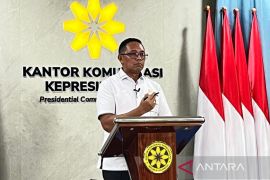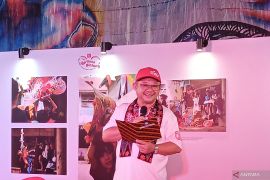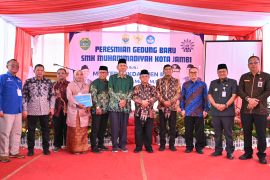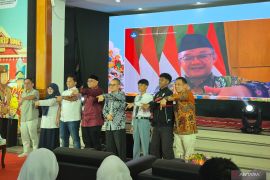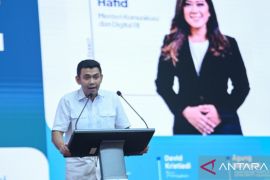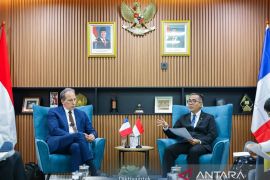We need millions of skilled human resources ..."Jakarta (ANTARA News) - The government of Indonesia is making efforts to significantly improve the effectiveness of vocational education based on introducing specific curricula.
The improvement of vocational education aims to help learners compete at the global level and meet the challenge of globalization.
In a world where knowledge and technologies are renewed at an accelerating pace, vocational education must be improved in order to respond to the constantly updating requirements of economic trends and goals.
To base vocational education on the markets needs, the Ministry of Culture and Education is now directing secondary vocational schools to focus on six priority areas: tourism, maritime programs, food security, creative industries, energy, and construction.
The Culture and Education Ministry Director of Technical and Vocational Education, Mustaghfirin Amin, has expressed hope that through the vocational schools, skilled manpower in these six priority areas can be created.
He noted that in the 21st century, vocational school graduates are required to think critically, be able to resolve problems, be creative and innovative, and must establish communication and collaboration with anyone in any department.
Meanwhile, President Joko Widodo (Jokowi) has asked the Indonesian Chamber of Commerce and Industry (Kadin) to help improve the quality of education in vocational schools across the country.
"We need millions of skilled human resources, so Kadin can help improve the quality of education in vocational schools," President Jokowi said while opening the 2016 Kadin Leadership National Meeting at the Borobudur Hotel earlier this month.
The president stated that Indonesia will benefit from a demographic bonus after 2020 when the number of people of productive age will be higher than the number of elderly and children.
The younger generation should continue to build its capacity and capabilities, in accordance with any formal and non-formal education they acquire. Only then will Indonesia be able to take advantage of the demographic bonus.
This demographic bonus will help the development of the creative economy in the country.
The greater the number of people of productive age in Indonesia is, the more internet users we will see. This will increase our creative ability and throw up new ideas to create value-added products of high quality.
In light of this, President Jokowi noted that the quality of education needs to be improved not only to expand the capabilities of human resources but also because doing so will boost Indonesias morale in competing with other countries.
The head of state explained that the business realm, through Kadin, can play an important role in improving human resources capabilities to meet the needs of the industry through vocational schools.
President Jokowi opined that students need not only regular lessons but also need to be taught specific technical subjects so they can master those skills.
Therefore, Kadin Chairman Rosan P Roeslani has said Kadin will support the governments efforts to improve vocational education by taking advantage of the demographic bonus to boost economic growth.
Maximizing the effectiveness of vocational education is also intended to allow vocational school graduates to learn skills that match the needs of the industry, so they are better prepared to work in manufacturing sectors.
In addition, President Jokowi has asked the relevant ministries, including the Ministry of Higher Education and Culture, and state-owned companies to cooperate in the establishment of millions of vocational schools and vocational training centers and to encourage the private sector to take part in the program.
"The private sector is also expected to take part in this program, particularly in vocational training, so that it can be set up in other regions as well," the president declared.
The head of state noted that if the program is only executed by the government, it will be impossible to establish millions of vocational schools and vocational training centers.
"If we do it alone, let alone if it is done solely by the BLK (the governments vocational training center), it will be impossible to create millions of vocational training centers," he remarked.
According to Jokowi, to achieve this goal, a policy is needed to issue a regulation that will facilitate the private sector in entering this field.
Meanwhile, Indonesia and France will cooperate on providing vocational education in various fields, according to a statement from the Indonesian Embassy in Paris recently.
The vocational education program is part of a strategic partnership that began in 2011 between the two countries.
The Indonesian Ambassador to France, Monaco, and Andorra, Hotmangaradja Pandjaitan, asserted the importance of cooperation in the field of education, from elementary to high school.
Vocational education is critical if Indonesia is to become the worlds 7th largest economic power by 2030, Ananto Kusuma Seta, an advisor to the Minister of Education and Culture for Innovation and Competitiveness, said.
The cooperation between the two countries is focused on helping Indonesia improve the quality of teachers and developing a four-year vocational school in the country.
Indonesia and France plan to build on the program by setting up a Center of Excellence for the training of vocational teachers in the energy, tourism, agriculture, and maritime sectors in Indonesia.
A memorandum of understanding on educational cooperation is expected to be signed between the two countries soon.
(T.O001/INE/KR-BSR/F001)
Reporter: Otniel Tamindael
Editor: Priyambodo RH
Copyright © ANTARA 2016
